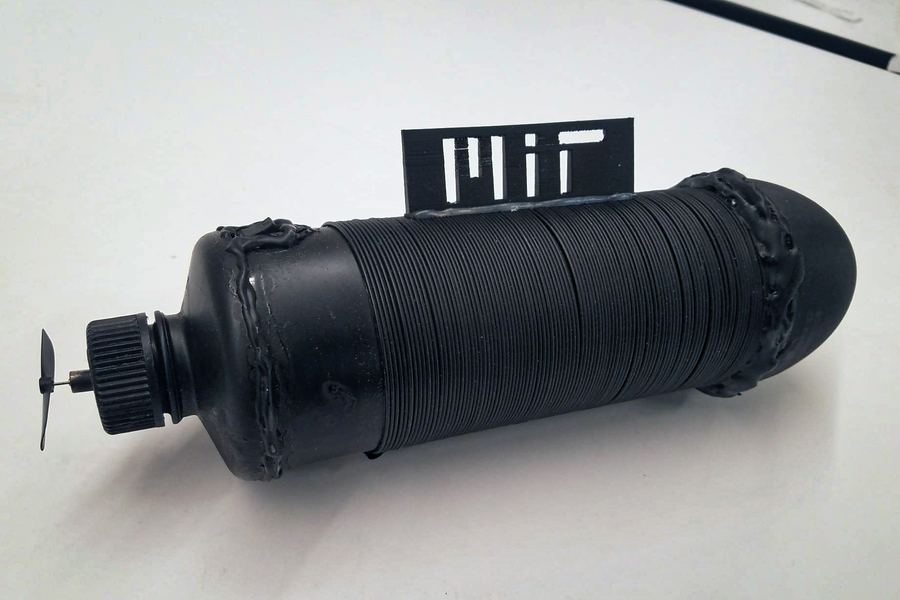Carbon nanotube’s unique properties of aspect ratio, mechanical strength, and electrical and thermal conductivity have helped them find use in everything from smart bandages to more efficient solar cells.
Now, engineers at the University of Wisconsin-Madison have used them to develop lightweight, super shock-absorbing foam. They plan to use it as helmet-lining foam. According to the researchers, it would immensely improve helmets designed to protect people from hard impacts.
During a fall or collision, physical forces from an impact can cause a risk of serious brain injury and even death. However if the helmet materials are better at absorbing and dissipating this kinetic energy, most of the impact energy is absorbed by the helmet.
Carbon nanotubes are cylindrical molecules consisting of rolled-up sheets of single-layer carbon atoms (graphene). The material for the helmet lining foam is vertically aligned carbon nanotube foam.
Researchers did a lot of experiments by doing changes in the factors that influence the shock-absorbing qualities of the foam. These factors include the inner diameter of the cylinders, their wall thickness, and the size of the gaps between adjacent cylinders. After experimenting with 60 different combinations of these parameters, they finalized the best-suited configuration.
Newly developed material demonstrates 18 times higher specific energy absorption than the foam currently used in U.S. military combat helmets
It is also found to have much greater strength and stiffness. Moreover, the new material retains all these qualities even at very high and very low temperatures.
The lead scientist, Prof. Ramathasan Thevamaran, said, “This new material holds tremendous potential for energy absorption and thus impact mitigation, which in turn should significantly lower the likelihood of brain injury,”







